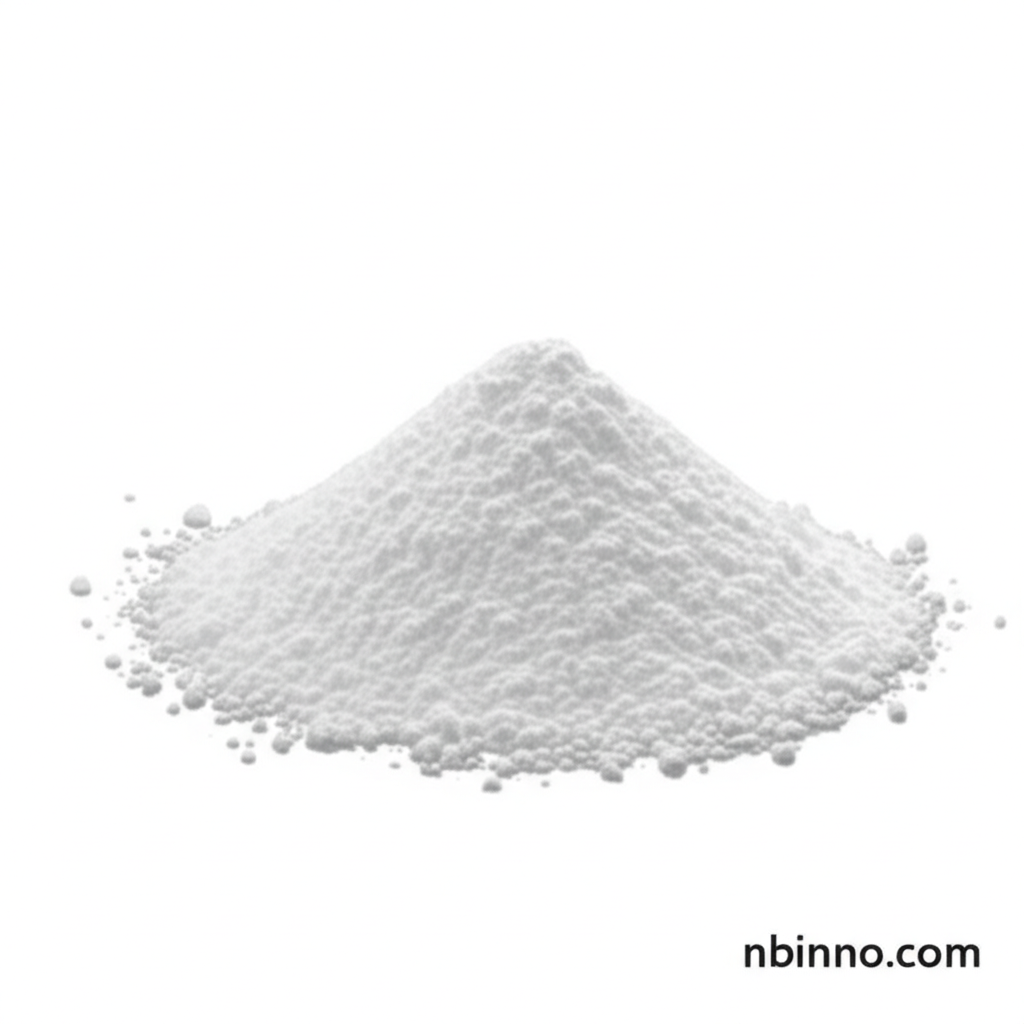Triphenyl(2-pyridylmethyl)phosphonium chloride hydrochloride: A Versatile Reagent
Discover its pivotal role in organic synthesis and pharmaceutical development for your research needs.
Get a Quote & SampleProduct Core Value

Triphenyl(2-pyridylmethyl)phosphonium chloride hydrochloride
This compound is a vital phosphonium salt known for its exceptional utility in organic synthesis and its crucial role in the development of novel therapeutic agents. It is a key reagent for the Wittig reaction, enabling the efficient formation of alkenes, and is instrumental in the synthesis of various organophosphorus compounds. Its stability and ease of handling contribute to streamlined laboratory workflows, making it an essential tool for researchers aiming to create complex organic molecules and advance pharmaceutical development.
- Discover the power of triphenyl(2-pyridylmethyl)phosphonium chloride hydrochloride applications in your organic synthesis projects. This compound is highly sought after for its ability to facilitate complex chemical transformations.
- Explore the use of this reagent in pharmaceutical development, contributing to the creation of new therapeutic agents. Its properties are valuable in medicinal chemistry.
- Leverage its role as a key reagent in the Wittig reaction for efficient alkene synthesis. This is a fundamental aspect of organic synthesis.
- Benefit from the stability and ease of handling offered by this essential chemical intermediate. This enhances experimental efficiency.
Key Advantages
Versatile Organic Synthesis
As a critical component in organic synthesis, this phosphonium salt, specifically triphenyl(2-pyridylmethyl)phosphonium chloride hydrochloride, enables the construction of intricate molecular architectures. Its predictable reactivity, often seen in the Wittig reaction, makes it a reliable choice for chemists.
Enabling Pharmaceutical Innovation
In medicinal chemistry, the compound serves as a valuable building block, supporting the design and synthesis of potential drug candidates. Its contribution to creating organophosphorus compounds is significant for pharmaceutical development.
Efficient Alkene Formation
The compound's proficiency in alkene formation through the Wittig reaction is a major advantage, allowing for precise control over double bond synthesis, a common requirement in synthesizing many organic molecules.
Key Applications
Organic Synthesis
This compound is a cornerstone in various organic synthesis pathways, especially for creating carbon-carbon bonds and forming complex molecules. Its use in Wittig reactions is paramount for synthesizing alkenes.
Pharmaceutical Development
Researchers in pharmaceutical development utilize this chemical to explore new therapeutic agents and drug delivery systems, contributing to advances in medicinal chemistry.
Medicinal Chemistry
Its unique structure and reactivity make it an invaluable tool for medicinal chemists investigating biological pathways and designing targeted therapies.
Organophosphorus Chemistry
The synthesis of organophosphorus compounds, important in sectors like agriculture, frequently employs this reagent, highlighting its broad applicability.
